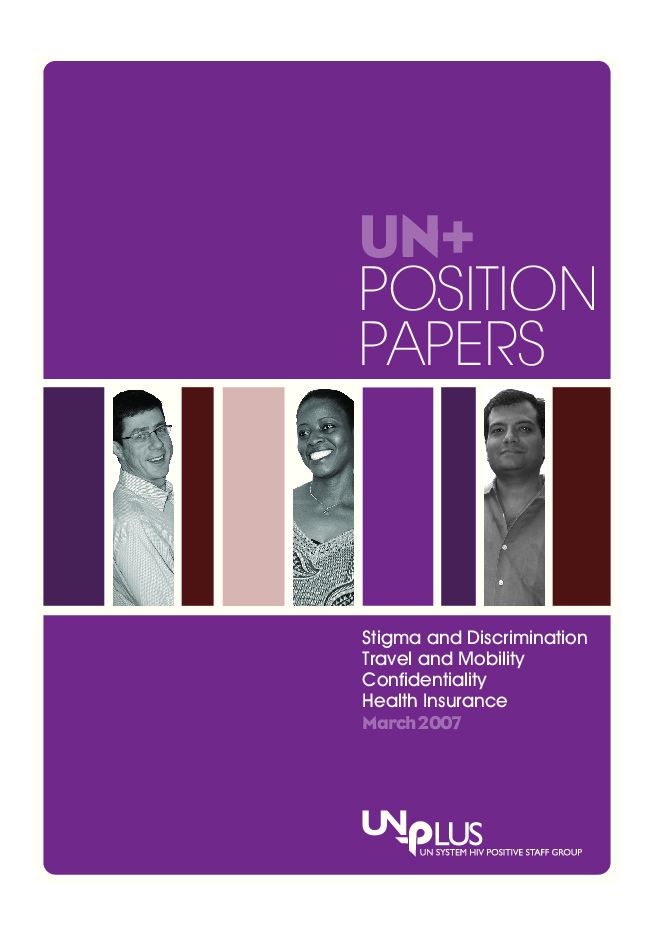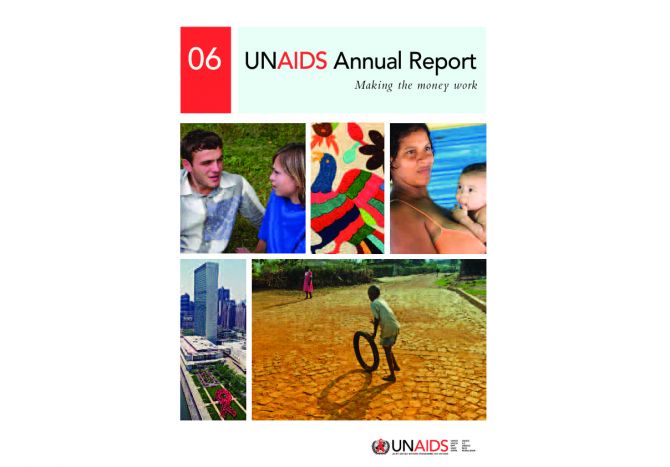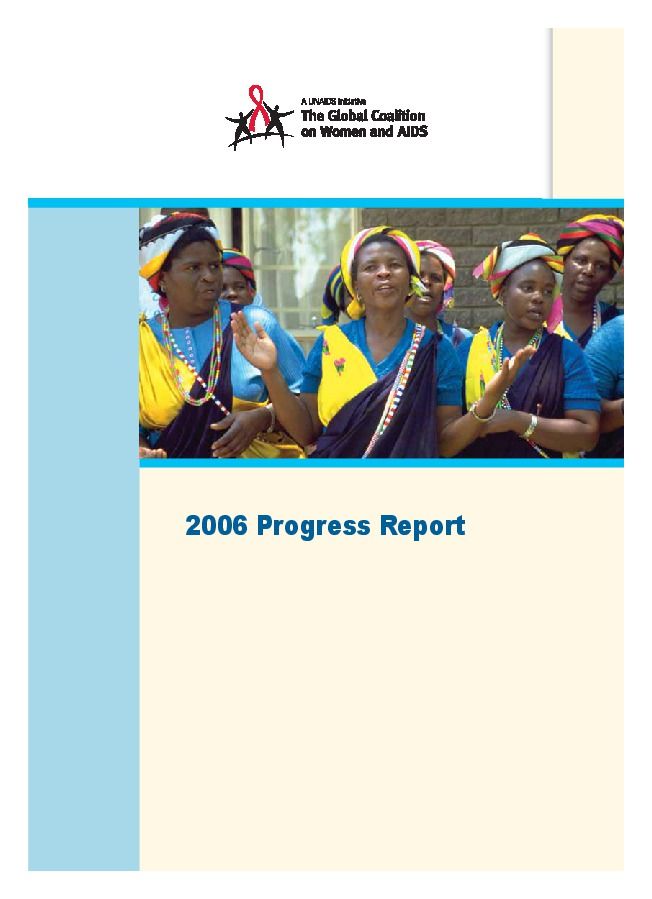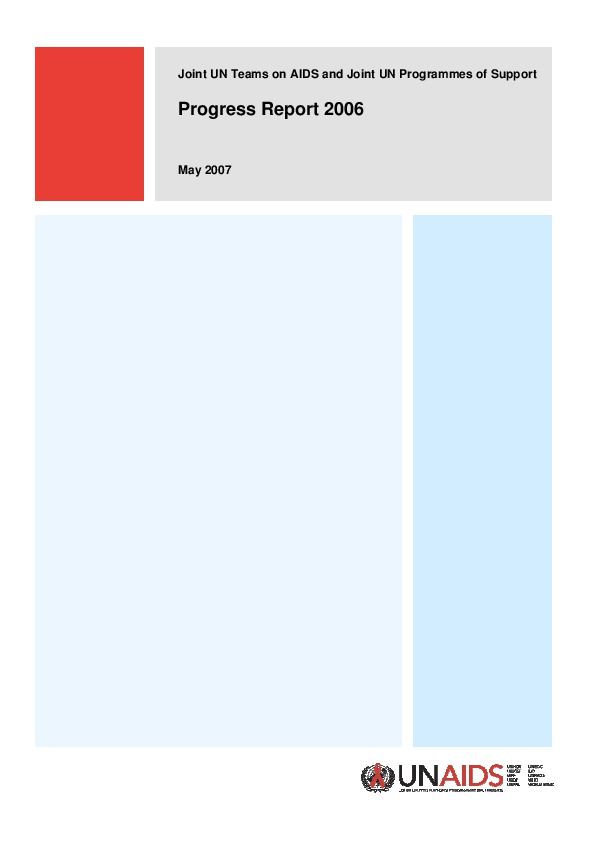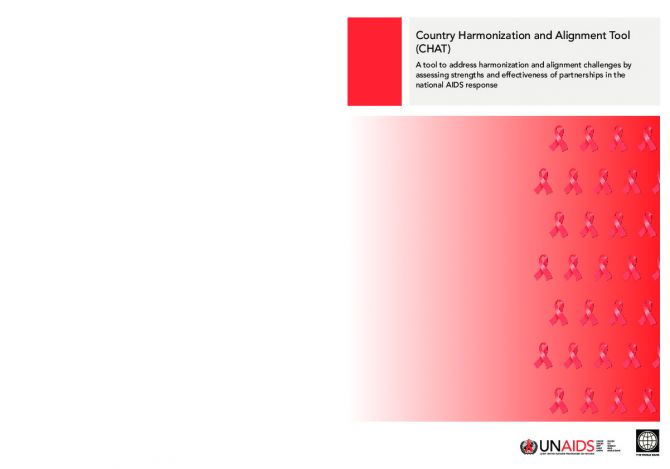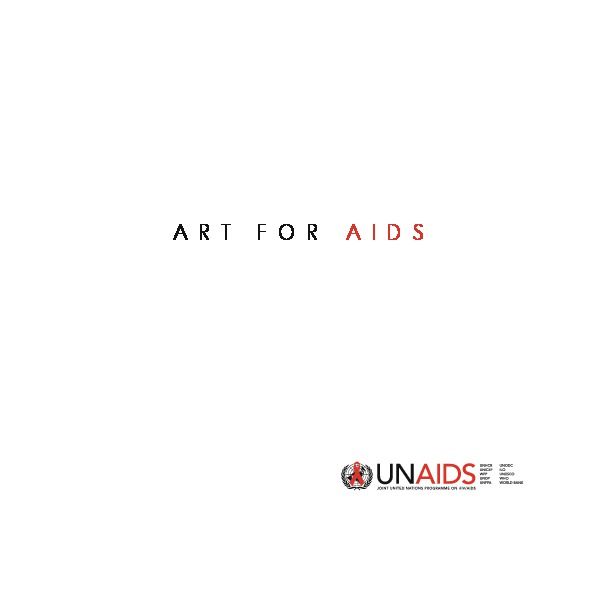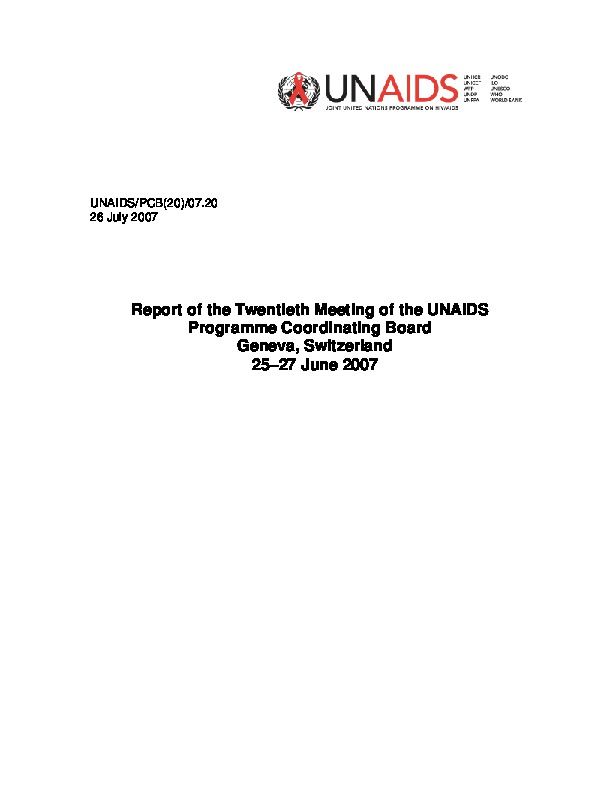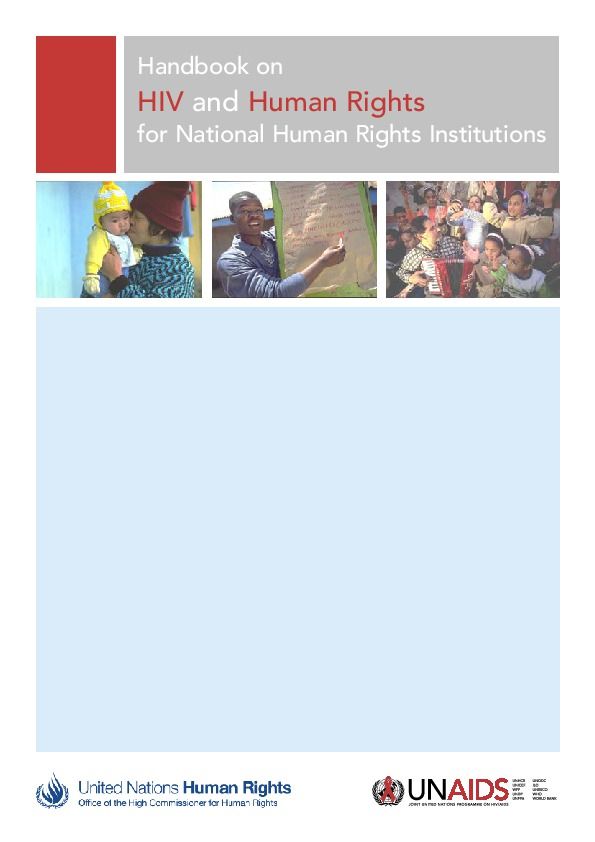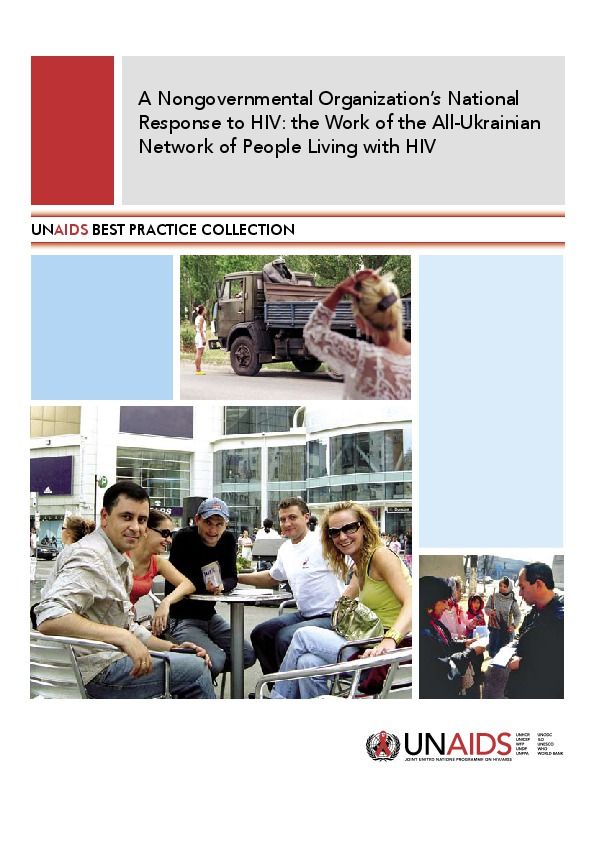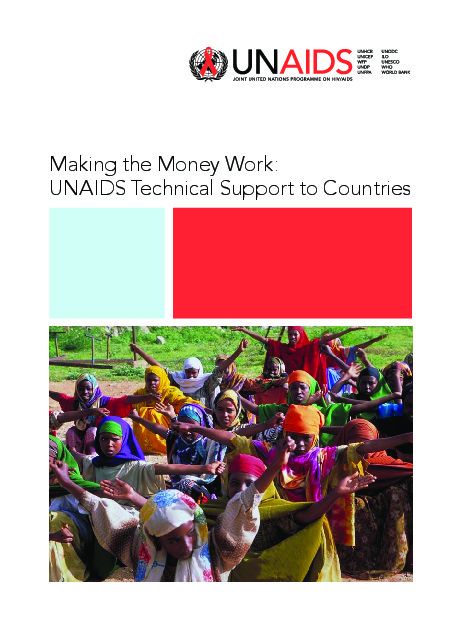Documents
2006 UNAIDS annual report: making the money work
31 May 2007
The UNAIDS Annual Report looks at the work carried out by the UNAIDS Secretariat and its ten Cosponsor organizations in 2006. A truly global problem, AIDS affects every region and every country of the world, challenging health systems and undermining our capacity to reduce poverty, promote development and maintain national security. At the same time, as this annual report reveals, new opportunities are greatly enhancing our potential to respond to AIDS in the immediate and the longer term.
Documents
GCWA - Progress Report 2006
11 June 2007
This report provides a broad overview of the major activities of the Global Coalition Secretariat and convening agencies over 2006. Its achievements, however, resonate beyond its own specific activities. The Global Coalition has helped shape the global advocacy agenda around women and AIDS and embed these messages and strategies in major global and regional policies. National coalitions on women and AIDS formed in countries ranging from Haiti to Nigeria and regional coalitions have also been formed in the Caribbean.
Documents
Joint UN Teams on AIDS and Joint UN Programmes of Support Progress Report 2006
19 June 2007
Progress towards establishing Joint United Nations (UN) Teams on AIDS and Joint UN Programmes of Support has been considerable: two thirds of UN Country Teams surveyed in January 2007 had already set up joint teams, and more than half also had a joint programme. For most countries, the advent of these teams and programmes has been a natural evolution of their existing systems. This progress report outlines the key recommendations to overcoming challenges and increasing joint UN action on AIDS at country level.
Documents
Country Harmonization and Alignment Tool (CHAT)
21 June 2007
A tool to address harmonization and alignment challenges by assessing strengths and effectiveness of partnerships in the national AIDS response. The Country Harmonization and Alignment Tool (CHAT) has been designed to help national AIDS authorities and their partners gauge the level of participation and engagement in the national AIDS response, and the degree of harmonization and alignment of international partners. CHAT will help to assess partner adherence to the “Three Ones” principles and international partners’ adherence to the commitments in the Paris Declaration on Aid Effectiveness (2005). In its function as a “barometer” of the status of harmonization and alignment at country lie, CHAT can serve as an advocacy tool for focusing dialogue and driving progress towards a more effective AIDS response.
Documents
Art for AIDS
27 June 2007
UNAIDS commemorated its 10th anniversary in 2006. In November 2006 UNAIDS moved into its new headquarters in Geneva, a building it shares with the World Health Organization. For UNAIDS, this new space is a convening centre for increased dialogue on AIDS issues and a centre for Art for AIDS. The UNAIDS art for AIDS collection are museum quality pieces that provoke thought and dialogue. With an initial emphasis on African art and artists, the pieces have been assembled through the generous support of artists, collectors and donors.
Documents
Report of the Twentieth Meeting of the UNAIDS Programme Coordinating Board
26 July 2007
Documents
Handbook on HIV and Human Rights for National Human Rights Institutions
10 August 2007
This Handbook is designed to assist national human rights institutions to integrate HIV into their mandate to protect and promote human rights. It provides a basic overview of the role of human rights in an effective response to the epidemic and suggests concrete activities that national institutions can carry out within their existing work. It also presents possibilities for engaging with the national HIV response in order to protect and promote human rights, in the context of the “Three Ones”.
Documents
A Nongovernmental Organization's National Response to HIV: the Work of the All-Ukrainian Network of People Living with HIV
14 August 2007
The All-Ukrainian Network of People Living with HIV was founded in the late 1990s by people alarmed by the rapidly growing epidemic in their country, and the lack of resources and support for themselves and others affected by HIV. Since then the Network has grown to provide services throughout the country. Key strategy components are: increasing access to care and support; lobbying and advocating protecting the rights of people living with HIV; seeking to increase social acceptance of people living with HIV; and enhancing the organizational capacity of the Network. This short document outlines the development of the Network and highlights lessons learnt, a longer study providing more information about the Network is available on UNAIDS’ website.
Documents
Making the Money Work: UNAIDS Technical Support to Countries
15 October 2007
Funding for AIDS has grown significantly over the past decade. In 2007, US$10 billion is expected to be available for the AIDS response – about one third coming from developing countries – compared to less than US$300 million in 1995. The substantial increase in financial resources has allowed countries to scale up their AIDS response with the ultimate goal of achieving universal access to HIV prevention, treatment, care and support.

